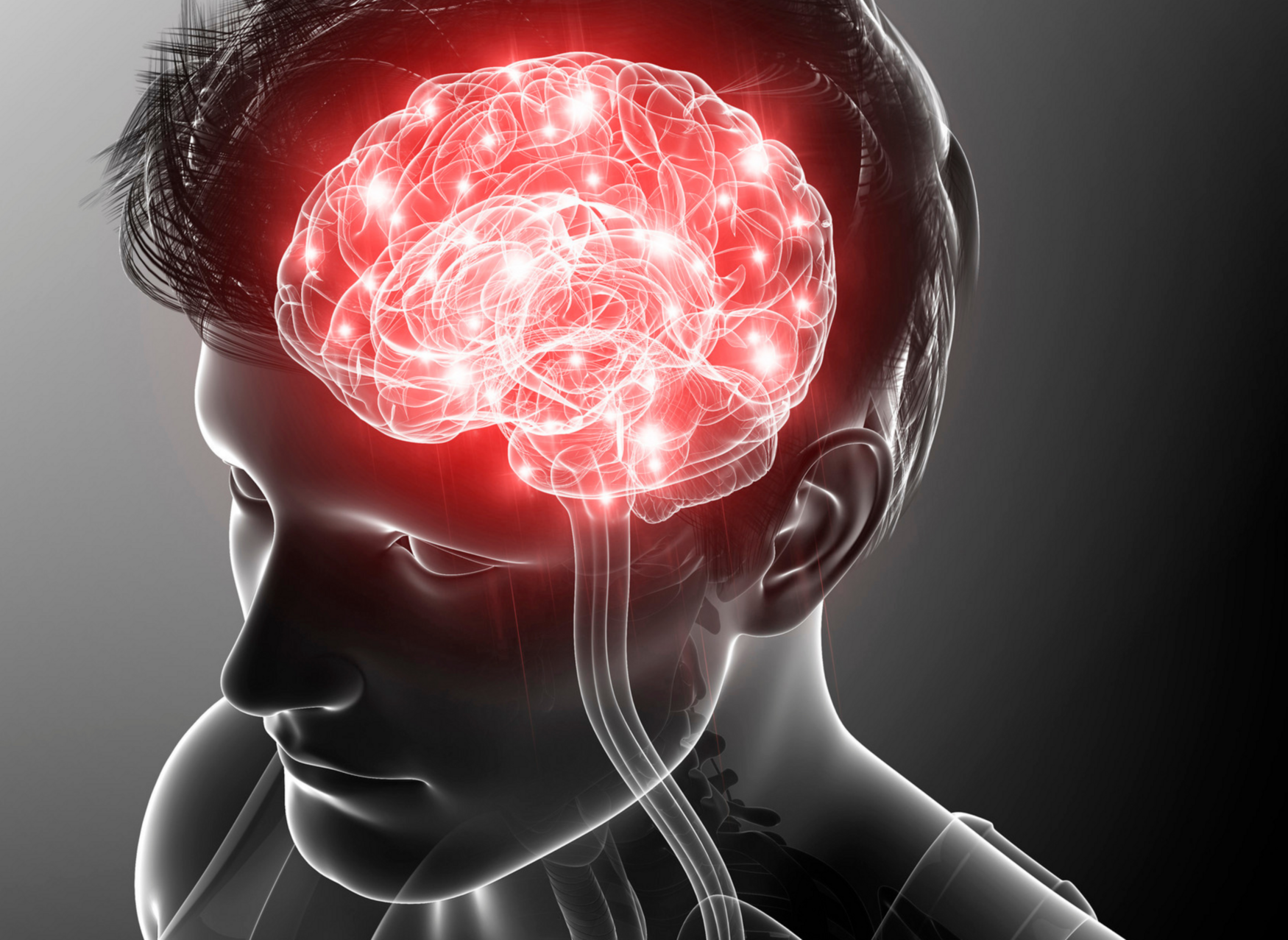Main Second Level Navigation
- News
- Events
- PsychNews
- Mindfest
- Donald Wasylenki Education Day
- The Future of Psychotherapy Conference
- Department of Psychiatry Research Day
- Annual University of Toronto Psychopharmacology Conference
- Professorial Lectures
- Psych Refresh
- Continuing Professional & Practice Development (CPPD) Day
- Impact: Psychiatry Articles that Change Treatment
Breadcrumbs
- Home
- News & Events
- News
- Exploring the influence of brain inflammation on major depressive disorder
Exploring the influence of brain inflammation on major depressive disorder

Depression is a widespread mental health condition with many possible causes and contributors. Inflammation can be a contributing factor to major depression, but the relationship between the two is complex and varies among individuals. Little is known about the role of inflammation on the disrupted functioning of gamma-aminobutyric acidergic (GABAergic) interneurons. GABA is a natural brain chemical that brain cells use to communicate, and interneurons are brain cells that carry information between sensory and motor brain cells. This study aims to better understand the link between inflammation and GABA interneurons with major depressive disorder (MDD).
In this paper, lead author Sara Rezaei, PhD student in Pharmacology at the University of Toronto, along with co-supervisors Dr. Etienne Sibille and Dr. Erica Vieira, studied the brains of mice to examine the link between inflammation and deficits in GABAergic interneurons. Their results suggest that inflammation is not just a bystander, but can be a possible contributor to MDD and related disorders. An enhanced understanding of how the immune and nervous systems interact is important to help tailor treatments targeting inflammation, as one of the underlying causes of MDD and related brain disorders.

How is inflammation linked to disorders such as major depression?
Inflammation is the body's natural defense against infections or injuries. This response helps healing and recovery, as seen when a fever helps combat a bacterial infection. However, when inflammation becomes chronic and unresolved, it can become harmful and has been increasingly linked to major depression. There is a bidirectional relationship between inflammation and major depression. Diseases characterized by ongoing inflammation, such as diabetes, obesity, and arthritis, are associated with a higher risk of developing depression. Depression itself can lead to increased levels of inflammation, which can exacerbate the condition.
What motivated this research?
Our lab focuses on understanding the role of “inhibitory neurons”. Neurons are brain cells and inhibitory ones tell other neurons not to fire. These special brain cells are reduced in major depression. A previous study in human postmortem brains of people affected with depression from our group suggested that inflammation can affect these inhibitory neurons. However, there was a significant gap in the literature on how inflammation affects different neurons. This gap motivated us to investigate how inflammation affects different types of inhibitory neurons in mice brains.

What was the most important finding of this study, in your opinion?
The most important finding was that inflammation originating from outside the brain is not merely a bystander—it can directly affect neurons in the brain. We found that a specific population of inhibitory neurons, called somatostatin neurons, are selectively vulnerable to the direct effects of inflammation.
How does this change treatment in the future?
If we know that inflammation affects certain populations of inhibitory neurons, treatments could be developed to target these specific neurons or their pathways. Investigating how peripheral inflammation affects brain neurons could inspire the development of new drugs aimed at modulating the immune response or protecting vulnerable neuron populations.

Any next steps?
We plan to explore the mechanisms that inflammation uses to reduce inhibitory neuron markers. Additionally, we want to investigate why certain populations of inhibitory neurons are vulnerable to the effects of inflammation while others remain protected.
What is the major take home message for the public?
Your immune and nervous systems work closely together, and it's important not to underestimate the impact of inflammation or the importance of managing it through lifestyle changes. Chronic inflammation, which can result from conditions such as obesity, diabetes, or prolonged stress, can significantly affect the brain and mental health. We hope this research will inspire further studies to explore the complex relationship between specific components of the immune system and different types of neurons, helping to link clinical observations of depression to its underlying causes.

Read this month's ImPACT paper.
Sara Rezaei, Thomas D. Prévot, Erica Vieira & Etienne Sibille. LPS-induced inflammation reduces GABAergic interneuron markers and brain-derived neurotrophic factor in mouse prefrontal cortex and hippocampus, Brain, Behavior, & Immunity - Health 38 (2024) 100761. https://doi.org/10.1016/j.bbih.2024.100761



